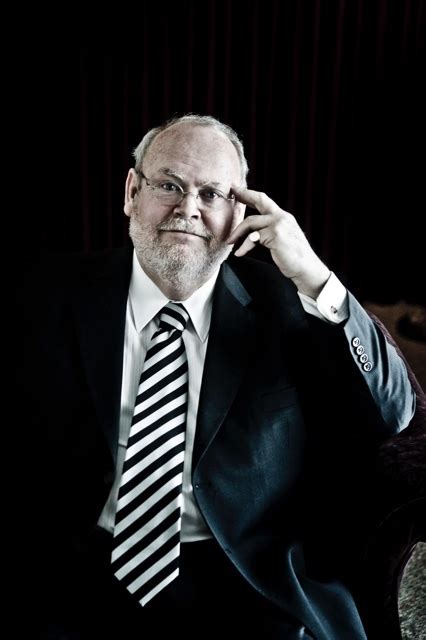A Quote by Edward Gibbon
In populous cities, which are the seat of commerce and manufactures, the middle ranks of inhabitants, who derive their subsistence from the dexterity or labour of their hands, are commonly the most prolific, the most useful, and, in that sense, the most respectable part of the community.
Related Quotes
To the love of pleasure we may therefore ascribe most of the agreeable, to the love of action we may attribute most of the useful and respectable, qualifications. The character in which both the one and the other should be united and harmonised would seem to constitute the most perfect idea of human nature.
This great increase of the quantity of work which, in consequence of the division of labour, the same number of people are capable of performing, is owing to three different circumstances; first, to the increase of dexterity in every particular workman; secondly, to the saving of the time which is commonly lost in passing from one species of work to another; and lastly, to the invention of a great number of machines which facilitate and abridge labour, and enable one man to do the work of many.
As for my own business, even that kind of surveying which I could do with most satisfaction my employers do not want. They would prefer that I should do my work coarsely and not too well, ay, not well enough. When I observe that there are different ways of surveying, my employer commonly asks which will give him the most land, not which is most correct.
This self-reflection, this willingness to examine ourselves, to make corrections, to do better, that's part of what makes us Americans. It's part of what sets us apart from other nations, the United States is the most professional, most capable, most cutting-edge intelligence community in the world.
I own myself the friend to a very free system of commerce, and hold it as a truth, that commercial shackles are generally unjust, oppressive and impolitic - it is also a truth, that if industry and labour are left to take their own course, they will generally be directed to those objects which are the most productive, and this in a more certain and direct manner than the wisdom of the most enlightened legislature could point out.





































